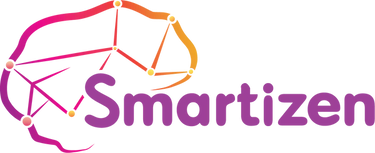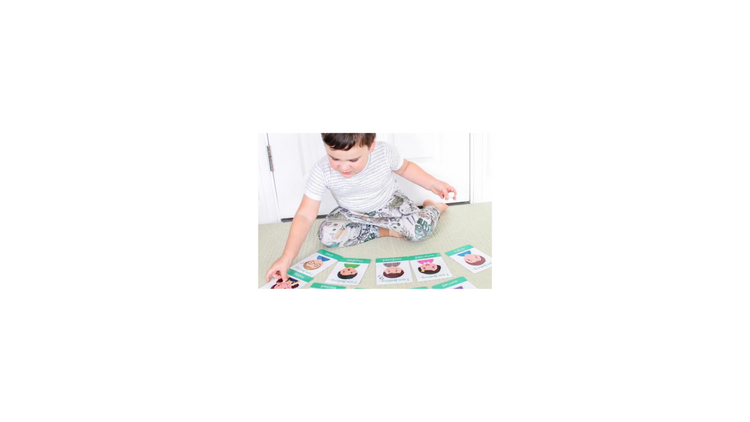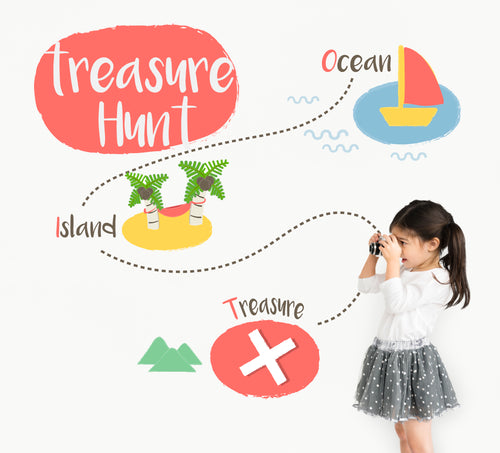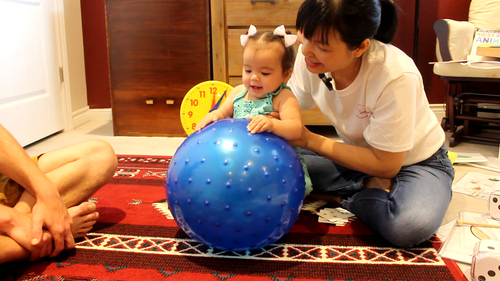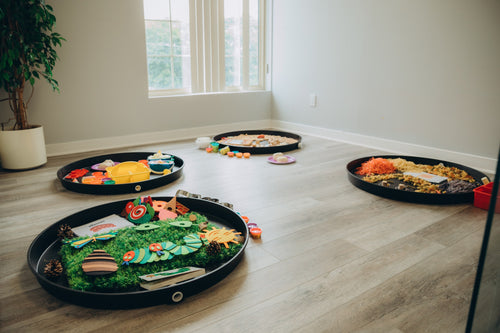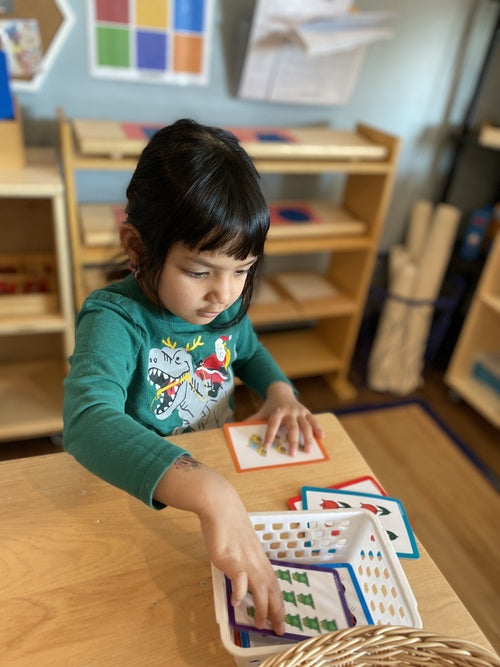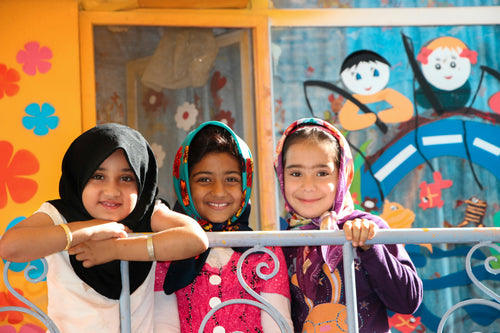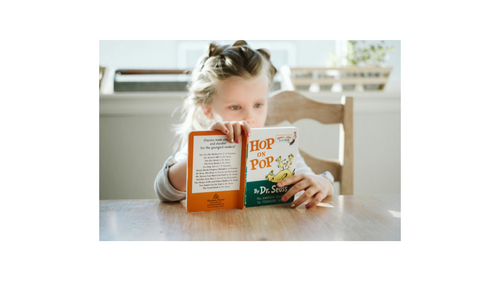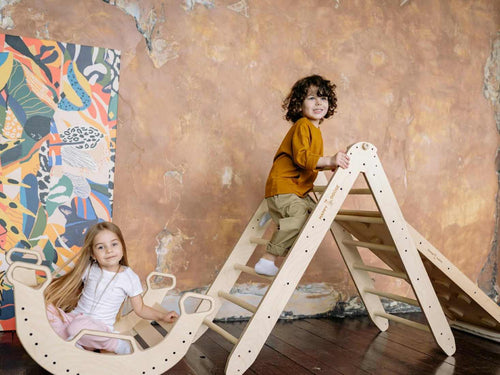Flashcards for kids are a powerful tool for boosting vocabulary and early learning, pioneered by Glenn Doman, who is often referred to as the father of early learning flashcards. Doman believed that with flashcards, you could teach babies to read, understand math concepts, and expand their knowledge. Using flashcards for kids to enhance vocabulary can be a fun and effective method, especially when approached in a playful and engaging manner. In this article, we’ll explore 10 tips to maximize your use of flashcards for kids to boost their vocabulary.
1. Begin as Young as Possible
The beauty of flashcards for kids is that you can start using them as early as infancy. According to Glenn Doman, children’s brains are like sponges in the early years, capable of absorbing an incredible amount of information. The earlier you begin, the more easily your baby will develop vocabulary and other cognitive skills. Using sensory flashcards, particularly black-and-white cards for newborns (whose vision is not yet fully developed), can help engage even the youngest learners. As your baby grows, transition to more colorful, realistic flashcards to stimulate their learning.
2. Flashcards Anytime, Anywhere
One of the great things about flashcards is their flexibility. You don’t need a specific time or place for a learning session. Flashcards for kids can be incorporated into daily routines such as diaper changes, tummy time, or nursing. These micro-sessions of 30 seconds here and there can make a significant difference in vocabulary development without overwhelming the child.
Get your free printable flashcards for kids here.
3. Organize by Topic and Follow Your Child’s Interests
When preparing flashcards, group them by topic that interests your child. Whether it’s animals, vehicles, food, or flowers, tailoring your flashcards to your child’s preferences will increase engagement and enthusiasm. Start with around 10 flashcards per topic and increase gradually. Announce the topic before showing the flashcards, such as "Today we’re learning about dogs!" and then flash each card quickly, about one per second. Flash the image side rather than the text to ensure visual engagement.
4. Keep Sessions Short and Fun
To make flashcards effective, keep sessions short and engaging. Children, especially babies and toddlers, have short attention spans, so overloading them with too much information at once can cause frustration. Start small, with five topics of 50 cards, and build up as your child gets more comfortable with the routine. The goal is to stop before your child loses interest, ensuring that they are eager to participate in the next session.
5. Use Flashcards to Build Vocabulary Incrementally
Flashcards are an excellent tool for incrementally building vocabulary. Introduce new words regularly to keep your child engaged, and make sure the topics are varied. While some ready-made flashcards may have limited themes, creating your own to match your child’s unique interests can be a rewarding endeavor. Children love novelty, and introducing new vocabulary keeps them curious and eager to learn.
6. Use Age-Appropriate Flashcards
As your baby grows, adapt the flashcards to match their developmental stage. For newborns up to three or four months, use sensory black-and-white flashcards to stimulate their limited vision. When your baby reaches five to twelve months, you can introduce colored flashcards with bold borders to help focus their attention. Once they’re toddlers, you can use realistic, full-color flashcards in larger formats like A5 or A4 to aid in their growing vision and understanding.
7. Don’t Test – Just Teach
One important principle when using flashcards for kids is not to turn learning into a test. Children learn best in a stress-free, joyful environment, so avoid quizzing them or asking them to repeat words back to you. Instead, trust that your child is absorbing the information. If you feel the need to gauge their progress, do it in a playful way. For example, show a few cards and ask your child, "Which one is the Labrador?" Make it a game rather than an exam.
Learn more about our teaching methods here.
8. Be Consistent and Organized
Consistency is key to making flashcards an effective learning tool. Set aside a few minutes each day for flashcard sessions, and keep your materials well-organized so you can easily access them. Prepare the flashcards in advance, so you’re not scrambling to find the right ones during the session. This not only makes the experience smoother but also helps establish a learning routine for your child.
9. Don’t Let Your Child Play with the Flashcards
Flashcards for kids are meant for learning, not playtime. While it might be tempting to let your child handle the cards, especially if they show interest in them, it's better to keep the cards out of their reach during learning sessions. Letting children play with the flashcards could distract them from the learning process, and you want to maintain their focus on the visual and auditory input during each session. The cards should be treated as tools for teaching, not toys.
10. Stop While You’re Both Still Having Fun
The key to using flashcards for kids effectively is to keep the process enjoyable for both you and your child. If you or your child starts feeling tired or uninterested, it’s best to pause the session and resume later or the next day. Maintaining a positive, stress-free environment helps your child associate learning with joy and curiosity, rather than obligation or pressure. Always aim to stop before your child wants to stop, leaving them eager for the next session.
Flashcards for Kids – A Powerful Learning Tool
Flashcards for kids are a simple yet powerful tool to boost vocabulary, enhance memory, and stimulate learning. When used correctly and consistently, they can transform your child’s language development, especially in the early years when their brains are most receptive to absorbing new information. Whether you’re teaching your child to recognize animals, vehicles, or foods, flashcards create a structured and enjoyable way to expand their knowledge.
At Smartizen, we call this method “speed-play” for wide knowledge teaching. Don’t worry about the quantity—start small and build up to 200–300 cards a day if your child is showing interest. The key is to keep things fun, organized, and aligned with your child’s interests. If you need help preparing flashcards or want to learn more about how to use them, feel free to contact us. With the right tools and techniques, you can multiply your child’s intelligence in a fun and loving way!
Want to learn more about how flashcards can help your child thrive, book a free trial class with us today.
